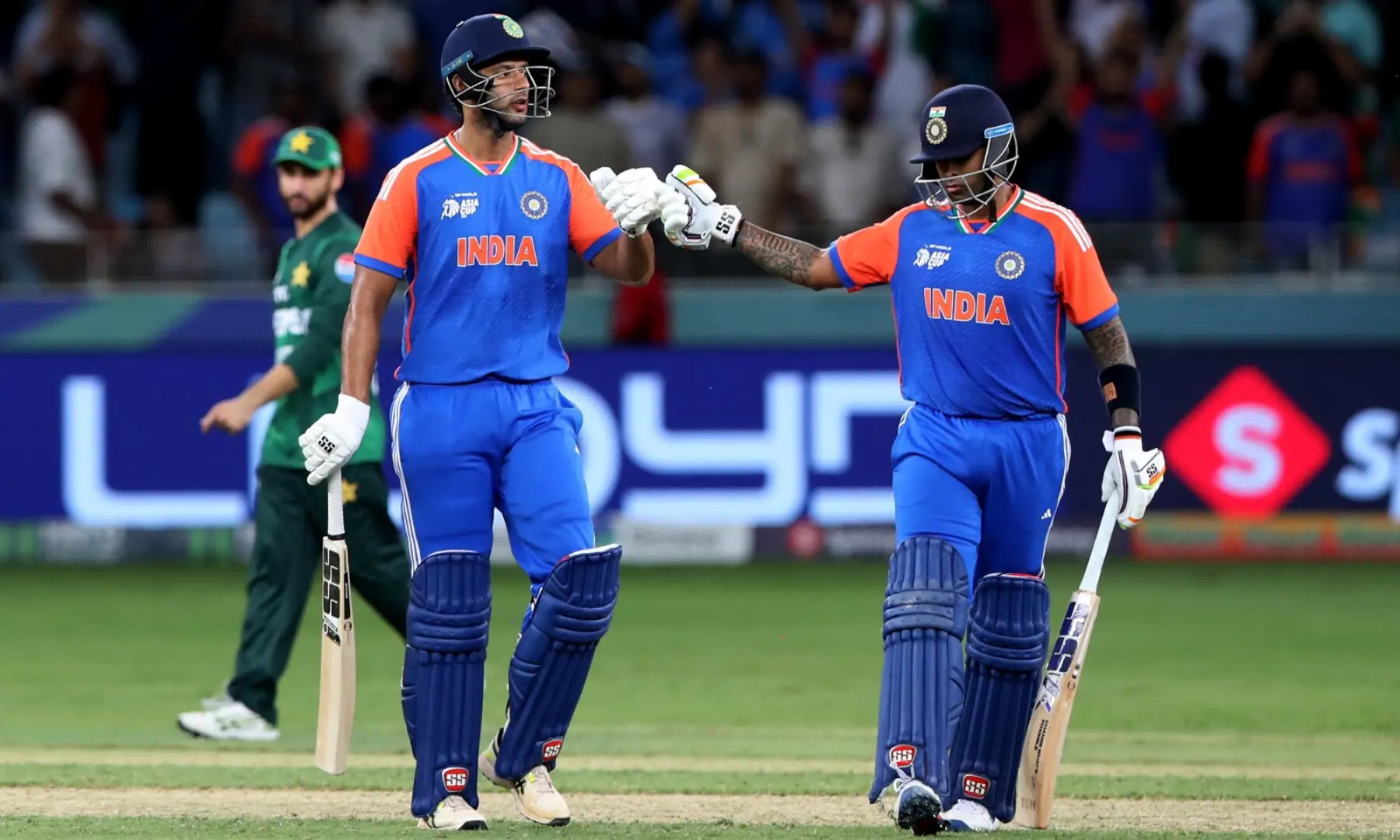Editorial
The refusal of the Indian cricket team to shake hands with their opponents after a recent match has sparked widespread debate, raising serious concerns about the politicization of sports. Such actions, though symbolic, carry profound implications. Cricket has long been celebrated as a game that transcends borders, builds camaraderie, and promotes respect among competitors. Yet, when political hostility dictates on-field conduct, the very essence of the sport is compromised.
Website: http://republicpolicy.com
Sportsmanship is not confined to the boundaries of victory or defeat; it is embedded in gestures of respect and humility. A simple handshake is more than ritual—it is an acknowledgment of shared effort, mutual respect, and the spirit of healthy competition. By refusing this act, India has not only diminished the value of sportsmanship but also sent a troubling message that political considerations outweigh the universal values of fair play.
YouTube: https://www.youtube.com/@TheRepublicPolicy
This gesture has already drawn criticism from international sporting circles. Nations, organizations, and fans alike are questioning whether India’s approach risks isolating it within the global sporting fraternity. Cricket, especially in South Asia, holds cultural and emotional weight, symbolizing unity amid rivalry. When players choose political hostility over respect, they undermine cricket’s role as a unifier.
Twitter/X: https://x.com/republicpolicy
Furthermore, the international perception of India as a sporting nation suffers greatly when politics is allowed to overshadow the game. Global sporting bodies, including the International Cricket Council, emphasize that the field of play must remain insulated from political disputes. Failure to respect this principle not only damages India’s image but also risks setting a dangerous precedent that could erode cricket’s credibility worldwide.
Facebook: https://facebook.com/republicpolicy
Ultimately, the refusal to engage in a post-match handshake may seem minor, but in the global arena of sports diplomacy, it speaks volumes. India’s decision undermines cricket’s legacy as a game of gentlemanly conduct and invites condemnation for compromising its spirit. In a world where sport is often the bridge across divides, this act only widens the gap.
















